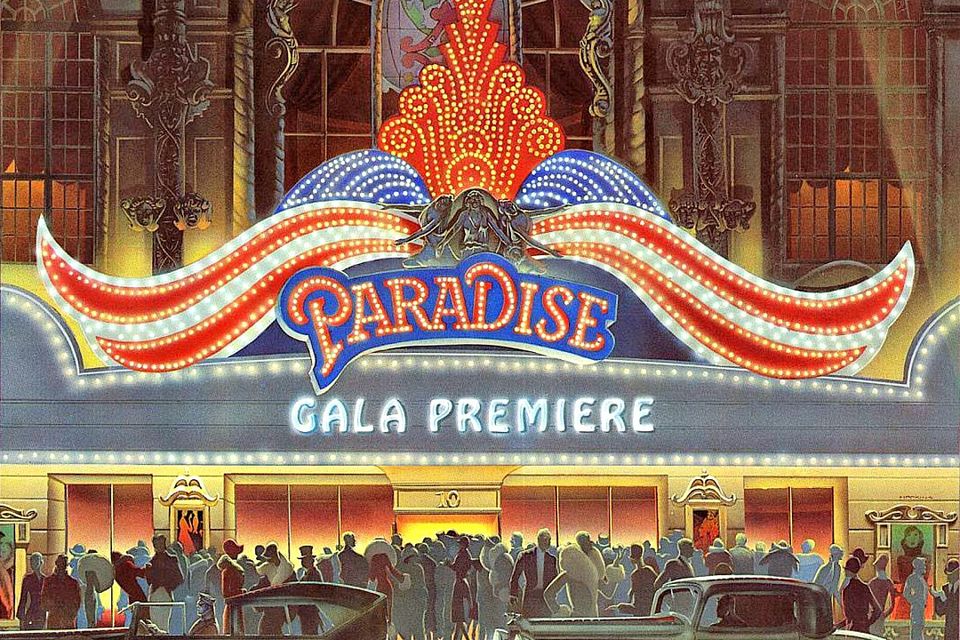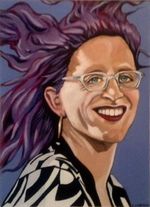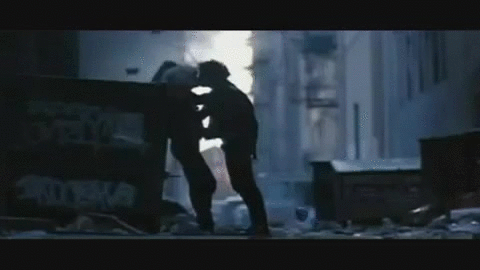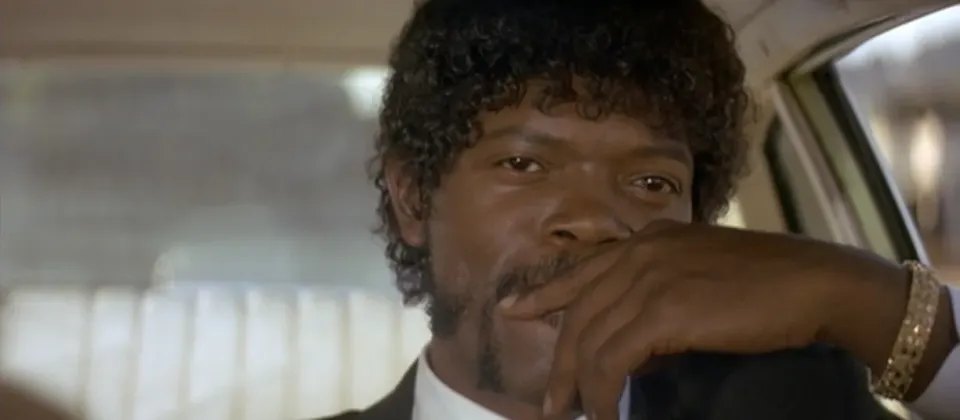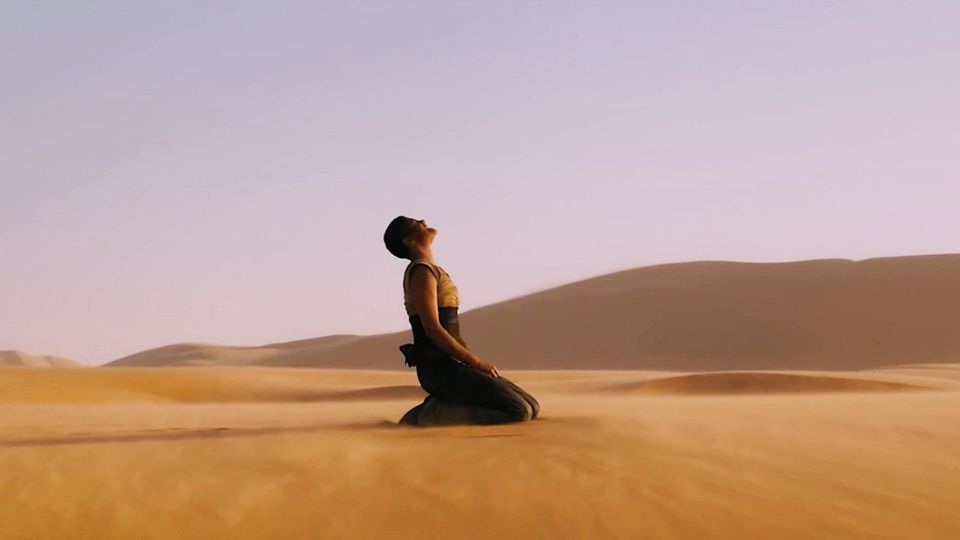I first visited Paradise when I was seven.
It was one of many Central Valley towns my parents sought refuge in that year. I may never know their reasons for moving as they did, apart from “economics.” I don’t know what my parents were running from or running to. I’d already seen Los Angeles and I thought it was ridiculous that a town like that dared call itself Paradise, but hey, who am I to slander for an aspirational naming.
We wound up elsewhere, but there are always those ghosts in the back of my mind whispering questions about what would have been like, what is the relationship between Paradise and some other-dimensional me?
The City of Paradise was all but destroyed in the 2018 Camp Fire.
The name of this blog is taken from the title of a mid-80s Danish documentary about various trans people, with an extended portrait of Christine Jorgensen. Of course I emulated her. When I first began coming out, her story was one of the few I had immediate access to. She was an artist and a performer and a power femme. I committed her autobiography to memory. Her experience of the world influenced mine in a way that I can only define as grandmotherly. Forty years after she emerged into fraught celebrity — 1992 — I myself came out publicly as a trans woman. That was 30 years ago, and it’s wild how much has changed for the better since then and how unsettlingly harsh the backlash has been.
As far I can tell, the sentence "paradise is not for sale" is never uttered in the documentary. Is this something Christine Jorgensen said that wound up on the cutting room floor? There's a bunch of shots of various drag performers doing cabaret performances; perhaps it was a throwaway line one of them sneered at the filmmakers who were looking for the money shots? Who can say? If what I read is true, the Youtube link is created directly from a video that was in Christine Jorgensen's personal collection. There are some extremely corny bits, and this same documentary has been made over and over and over again since then, but when I watch it I can't help but think about how transformational it would have been for me to see this in 1985 or 1987 or 1989 when I was still working my way out of the closet. Or in 1991 when I finally committed to the project of becoming my fullest self.
The idea of paradise was endemic in my upbringing. Vague promises of salvation. The idea of a perfect world where there was never ending happiness, where you can always see the sun, day or night. The premillennial tension is hard to describe and I suspect if you weren’t there you might not be able to comprehend it. The more things stay the same, the more things change.
There are a lot of ways to think about what it means to say "paradise is not for sale." It seems like a reclamation of value, and a sort of a repudiation of the idea that everything has its price. There is definitely a sexual connotation. But I think the most interesting question to me right now is, what do we mean when we say "paradise?" Everyone has their own ideas about what that word means, and we talk to each other about it as if we're communicating. But what if we were pressed to specifically define what we each meant by "paradise?" Is it unspoiled land, or is it an idle week in any of the world's greatest cities? How is it possible that it can be both things simultaneously? And how many more ideas like this possess us?
All these questions and more are in store, right here on Paradise Is Not For Sale. Thanks so much to everyone who's signed on so far! Your support means so much!!

